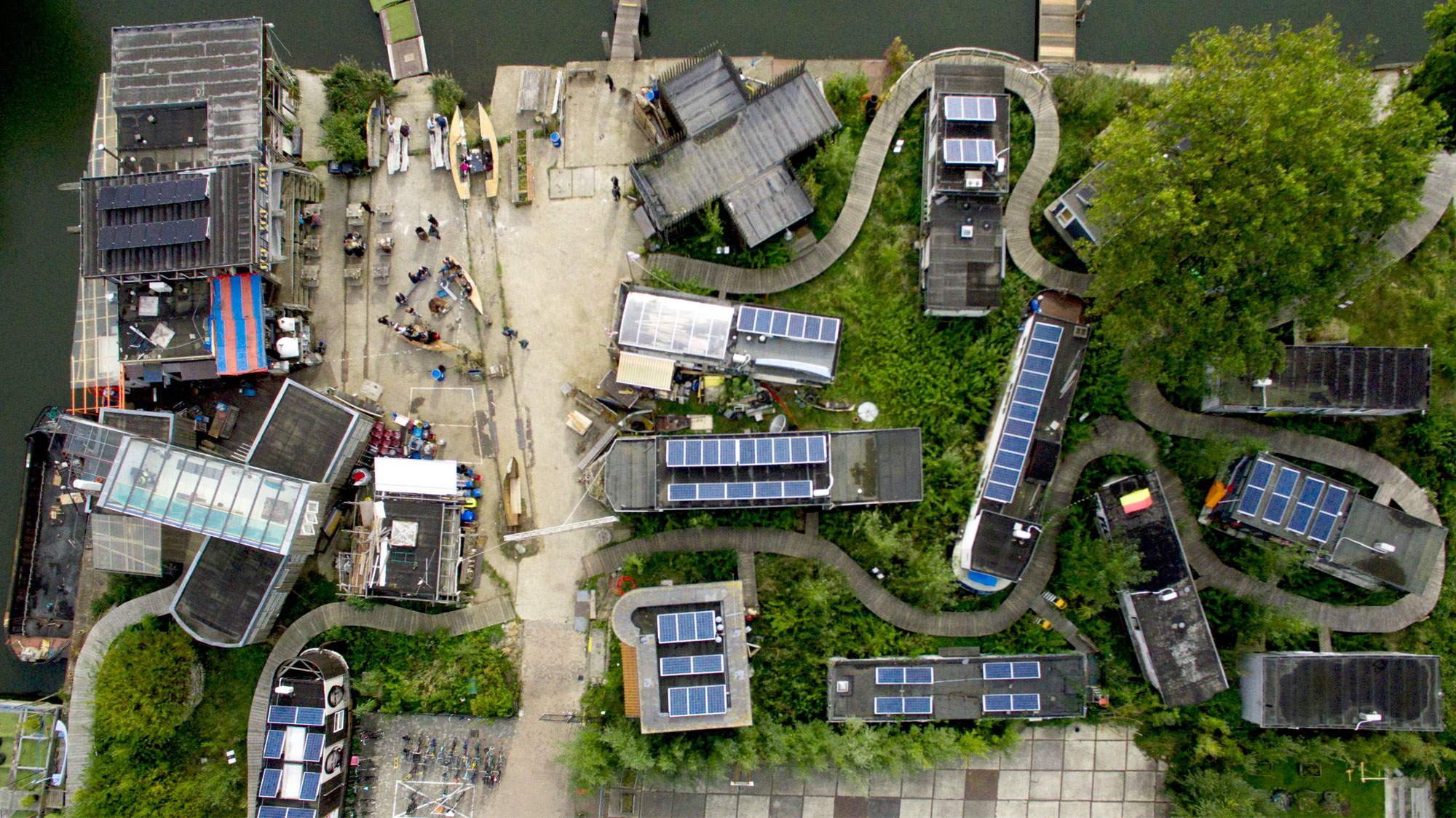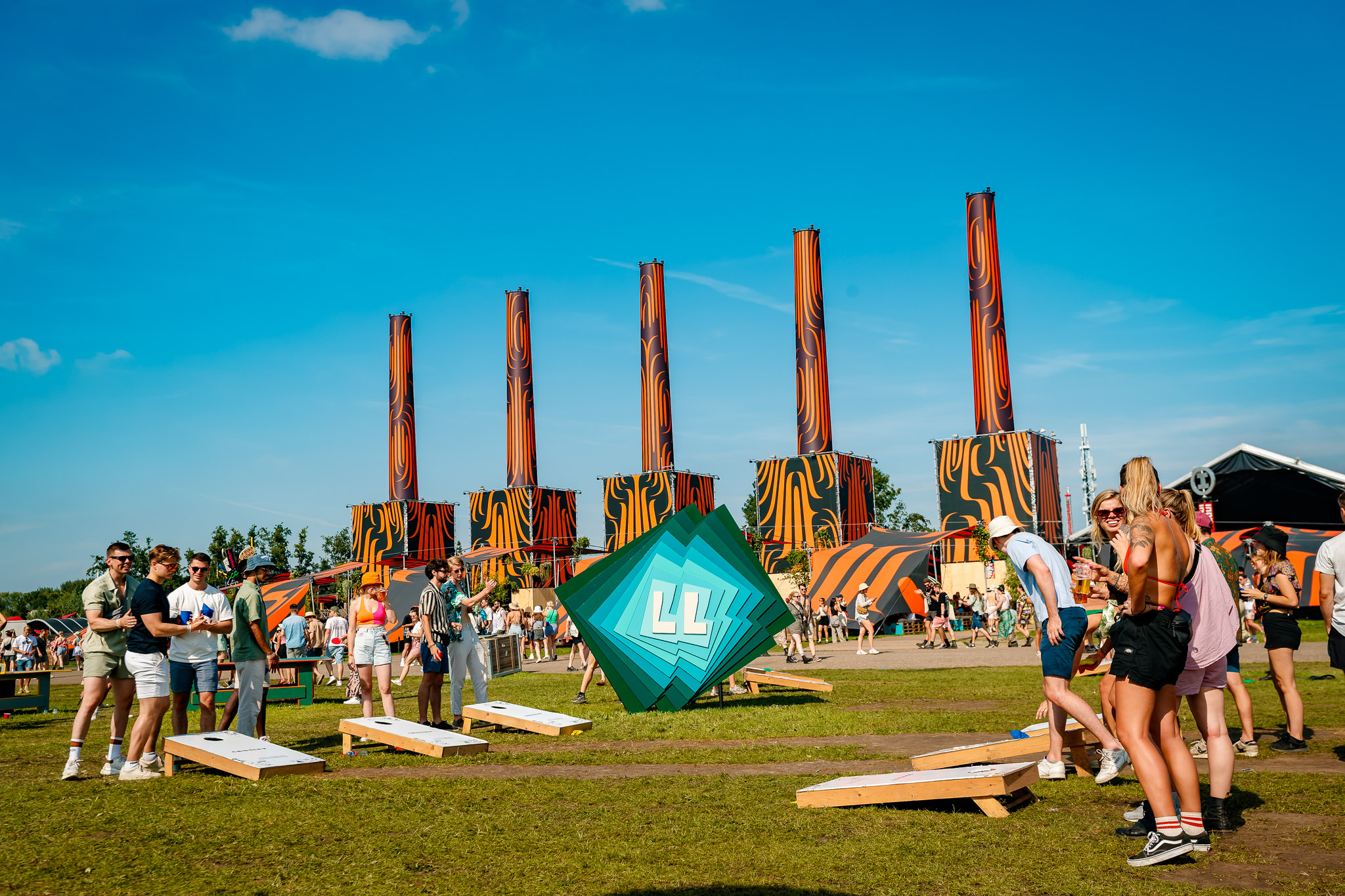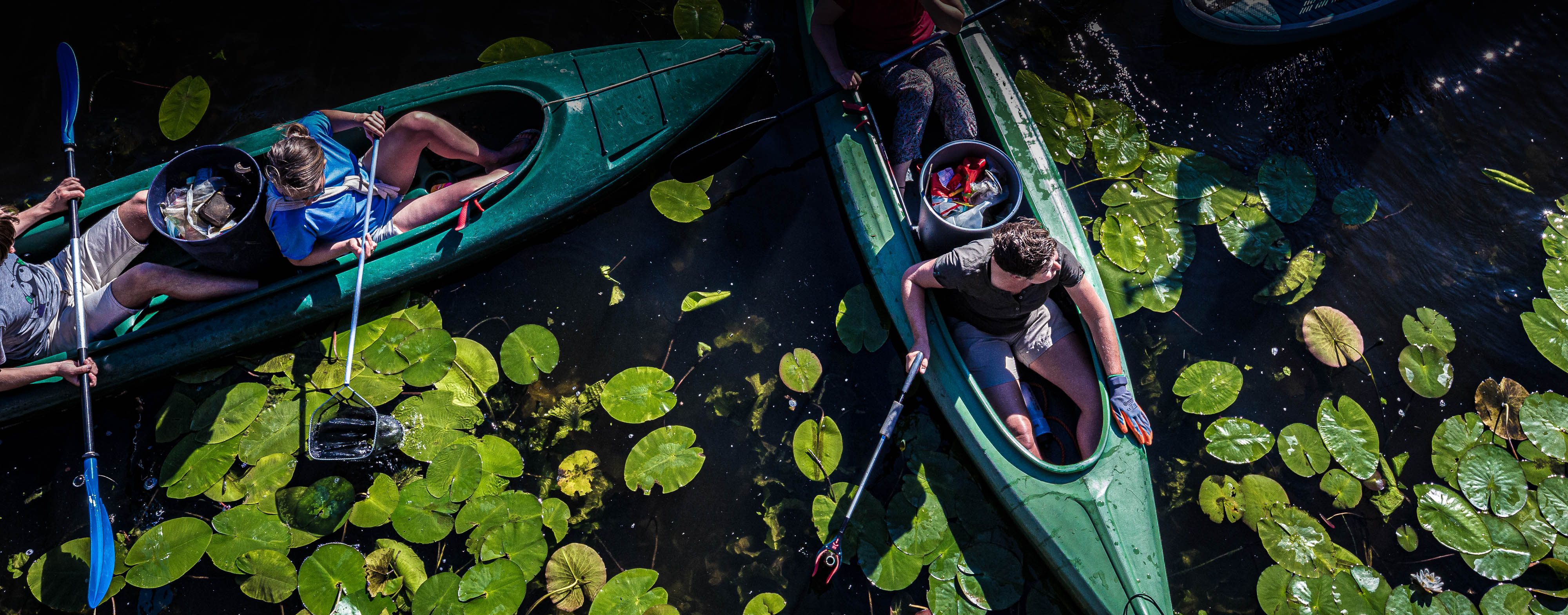Lake Lowlands
🎵 Festival Power
The Netherlands hosts over 1,100 festivals annually, one of the world's highest festival densities. Each event typically means water pollution. Lowlands Festival flipped the script.
Instead of resigned acceptance of pollution, preserving the lake became interactive entertainment. Festival-goers competed and collaborated, pedaling filtration bikes to maintain water clarity throughout the event.
Festival-goers became water warriors, competing to clean "Lake Lowlands" with custom filtration bikes.
This breakthrough contributed to critical research on smaller water bodies, often overlooked but equally important. Water quality management integrates seamlessly with recreation, not against it.
Find out more here.



